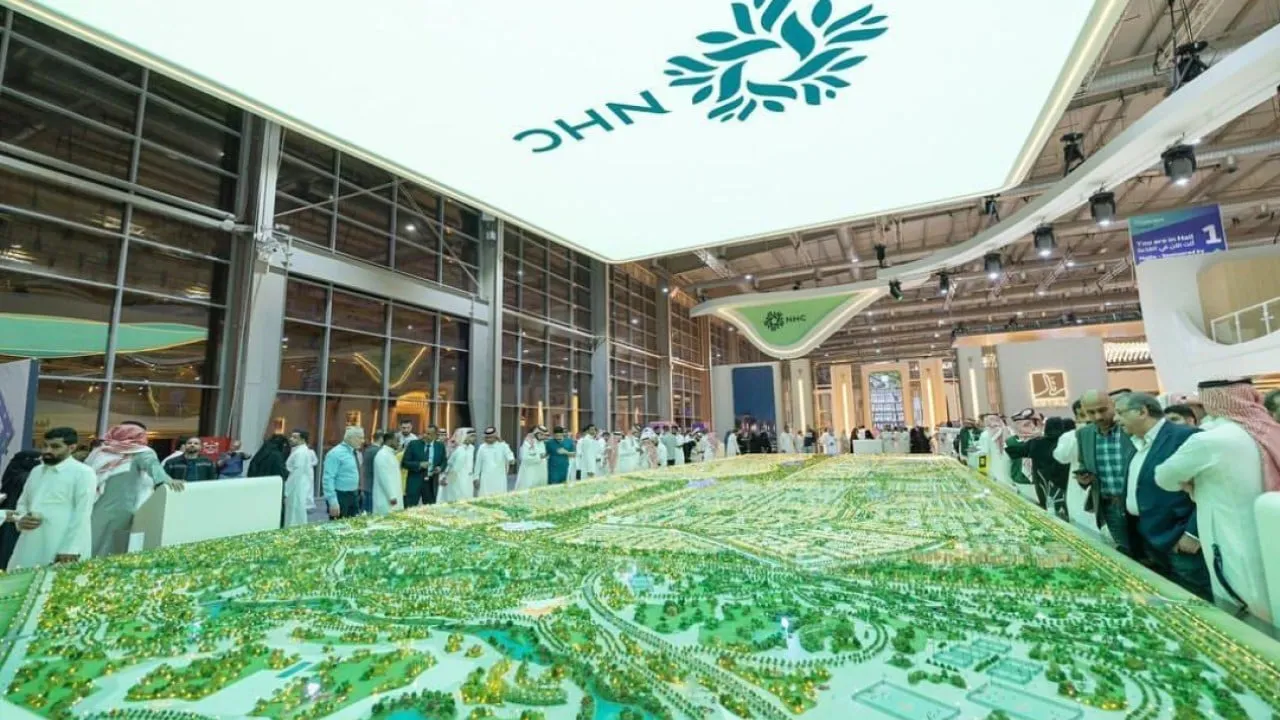Tilal Khuzam Project by Citic Construction and Saudi Partners to Transform Riyadh's Urban Landscape

Tilal Khuzam: A New Era of Housing in Riyadh
In an ambitious bid to reshape Riyadh's cityscape, Citic Construction, one of China’s largest state-owned real estate developers, has partnered with the Saudi National Housing Company (NHC) and Rafal Real Estate to launch the Tilal Khuzam project. Located near King Khalid International Airport, this expansive development aims to cater to the increasing housing demands propelled by Saudi Vision 2030.
Project Overview
- 3,500 low-rise apartments will be constructed on a site covering 630,000 square metres.
- The first phase is slated for completion in 2026, as outlined by Rafal’s website.
- This project also known as Khuzam Hills, aims to enhance the urban landscape of Riyadh.
The Vision Behind the Project
Guided by the Saudi Vision 2030, the kingdom is revitalizing its infrastructure to attract global talent and diversify its oil-reliant economy. The housing initiative launched in 2018 aspires to achieve a notable home ownership rate of 70% by 2030, with a total supply of around 300,000 homes.
Partnership Dynamics
As part of their ongoing collaboration, Citic has established strong ties with the NHC and other key stakeholders. In 2022, they signed a landmark agreement for a 20,000-unit social public housing estate valued at US$3.5 billion, emphasizing their commitment to enhancing Saudi Arabia's housing landscape.
Chinese-Saudi Cooperation and Trade
During his recent visit, Chinese Premier Li Qiang emphasized strengthening bilateral trade and investment, with Saudi Arabia being China’s primary trading partner in the region. In 2023, trade volumes exceeded US$107 billion, underscoring the deep economic ties that exist.
Closing Thoughts on the Tilal Khuzam Project
The Tilal Khuzam project is poised to make a significant impact on Riyadh’s residential market, highlighting the collaborative efforts between Saudi Arabia and mainland China to meet modern housing demands amid a transforming economy.
This article was prepared using information from open sources in accordance with the principles of Ethical Policy. The editorial team is not responsible for absolute accuracy, as it relies on data from the sources referenced.